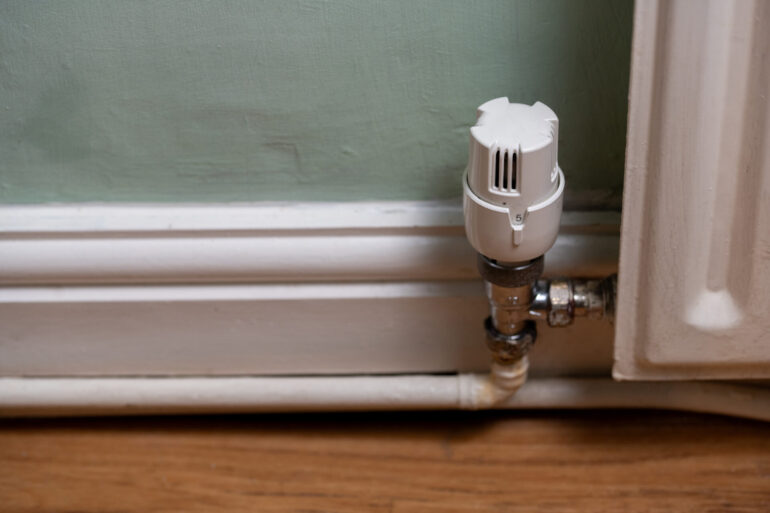For the past four years, Band C has been the most commonly awarded Energy Performance Certificate (EPC) rating in England and Wales, the latest research from epIMS has revealed.
epIMS studied EPC lodgements data in England & Wales over the past 10 years to see how the proportion of A to C and D to G ratings has changed over the course of a decade.
With the Government planning to make an EPC rating of at least C mandatory for all private rental properties from 2030 onwards, many landlords are concerned about the time and cost required to bring their properties up to standard.
But EPC lodgements data shows that a rating of C or better has already become the norm, suggesting that the requirement of a C rating within the PRS by 2030 should not be such a cause for concern.
The research shows that 10 years ago, in 2014, 69% of properties that received a new EPC rating scored a D or worse.
The most common rating that year was D which accounted for 44.4% of the 2.2 million certificates awarded.
In the ensuing years, the proportion of homes being awarded a D or worse gradually diminished until finally, in 2021, ratings of between D to G were eclipsed by ratings of A to C.
2021 saw 51.6% of EPC ratings awarded at C or better, with the most common rating improving from D to C (36%) for the first time.
This trend of improvement continued through to 2024 when 60.5% of all homes were awarded a rating of between A and C – the largest proportion in the past 10 years.
The most common rating in 2024 was a C, as awarded to 44.3% of properties, but just as importantly, 2024 also saw the proportion of A ratings break the 1% mark for the first time, climbing from 0.8% in 2023 up to 1.7% in 2024.
Craig Cooper, COO of epIMS, said: “Landlords may have concerns when it comes to being forced to upgrade all of their properties to an EPC rating of at least C, but the nation’s dwellings have already been steadily improving year on year even without governmental pressure to do so.
“Advancements in areas such as building materials and heating systems mean that energy efficiency in the home is improving as a matter of course.
“Our ability to understand how best to improve efficiency is also improving, with advanced technology such as AI now able to analyse a home and quickly identify its weak spots which can then be addressed in the most practical and affordable way.
“As such, landlords who are concerned about the time and cost required for upgrading their properties in order to adhere with the Government’s proposed rules might actually be pleasantly surprised at how affordable it is, just so long as they approach the challenge in the most efficient manner.
“epIMS has been specifically designed to enable them to do this – offering a path to maximum efficiency with minimum expenditure.”



